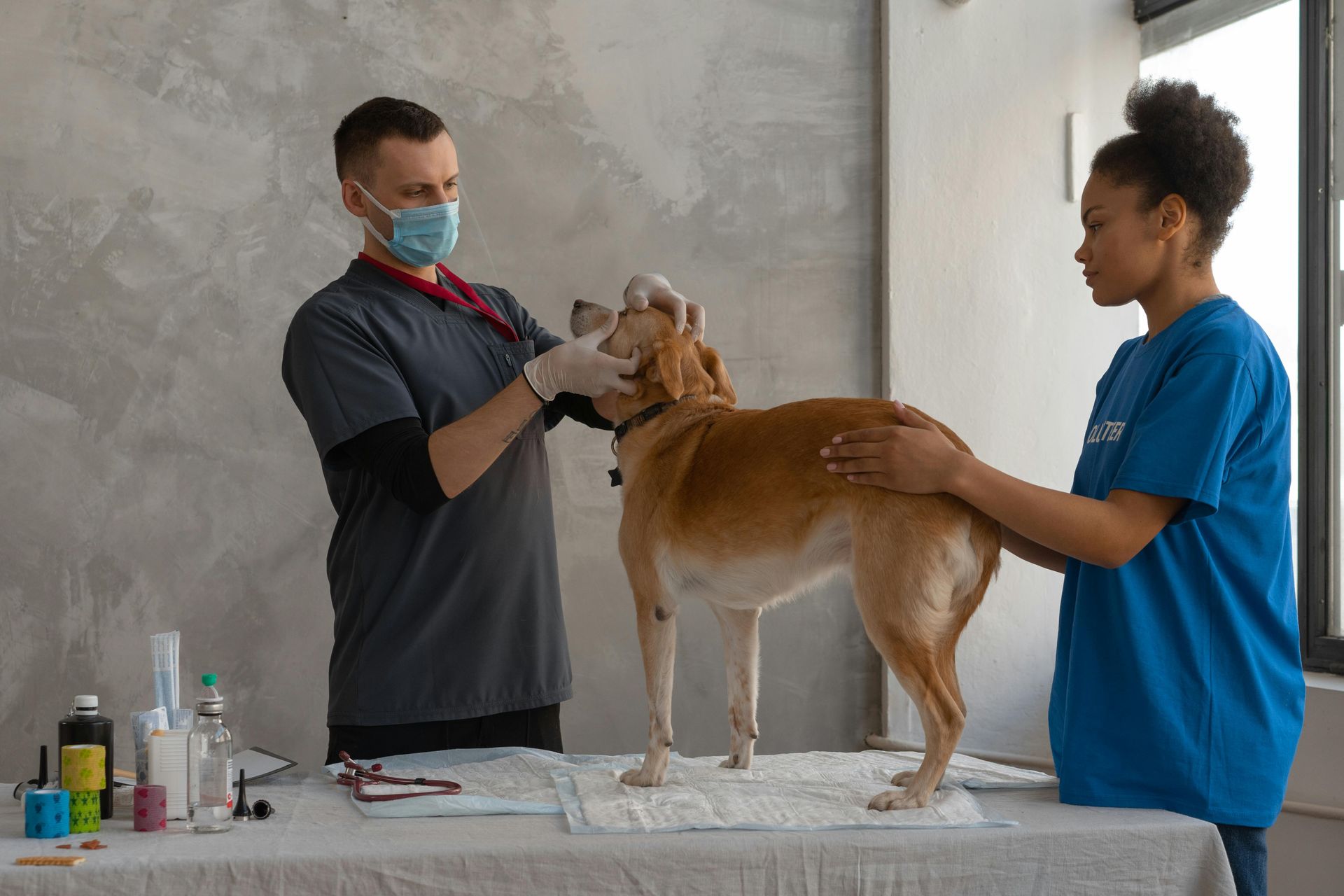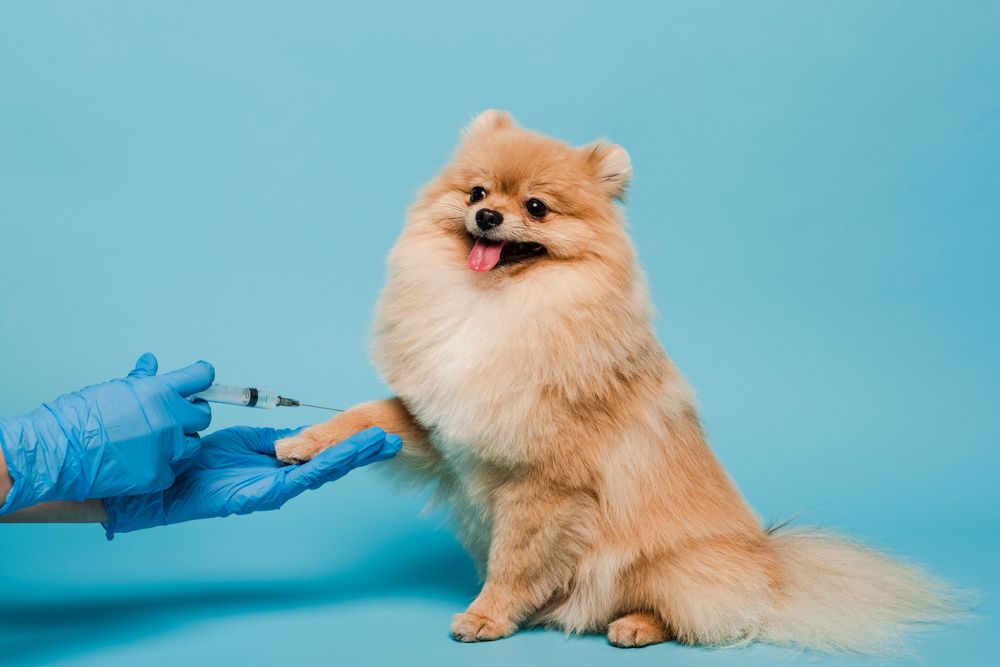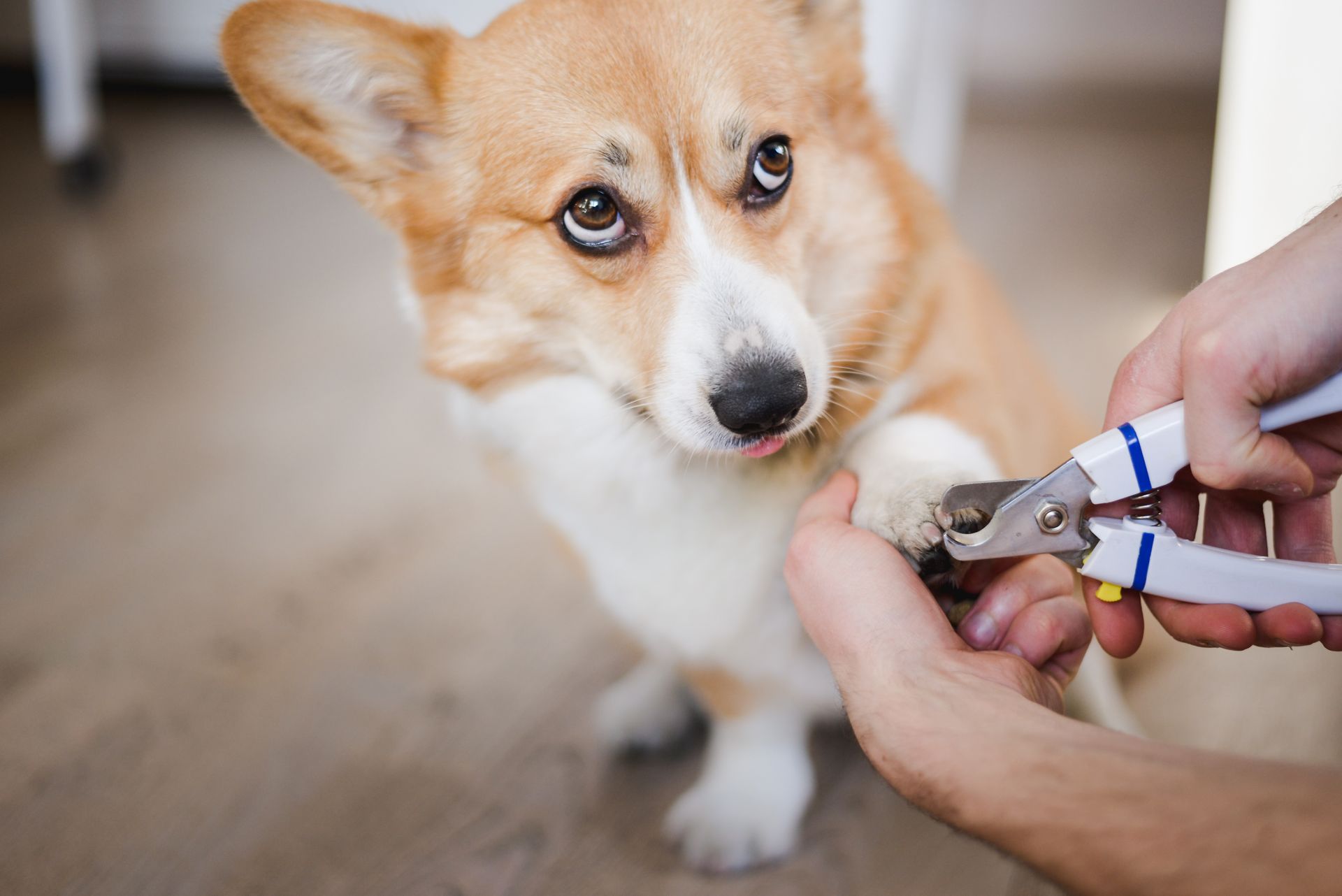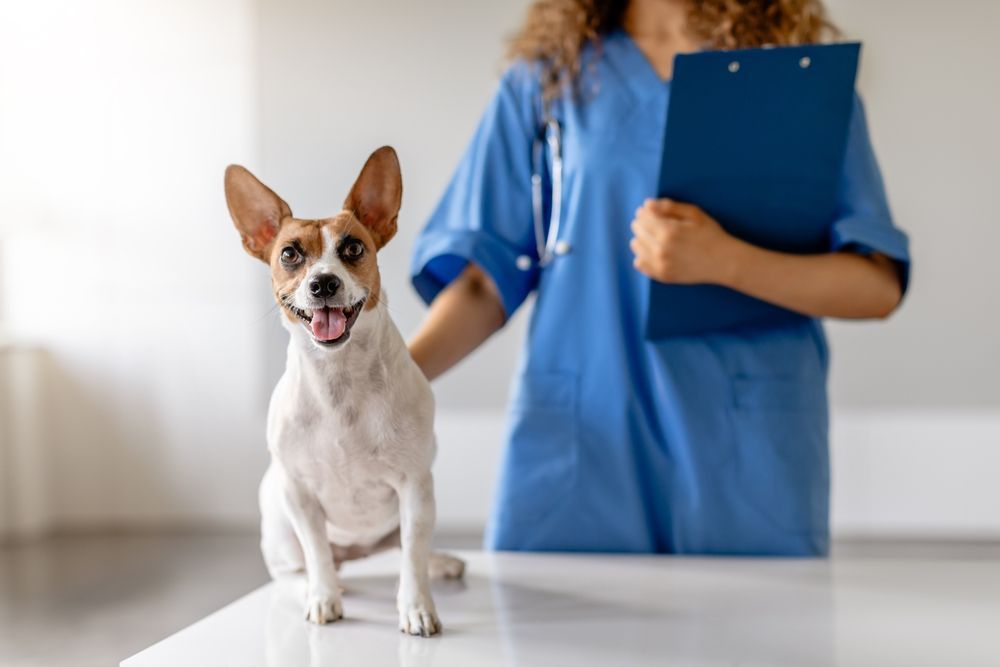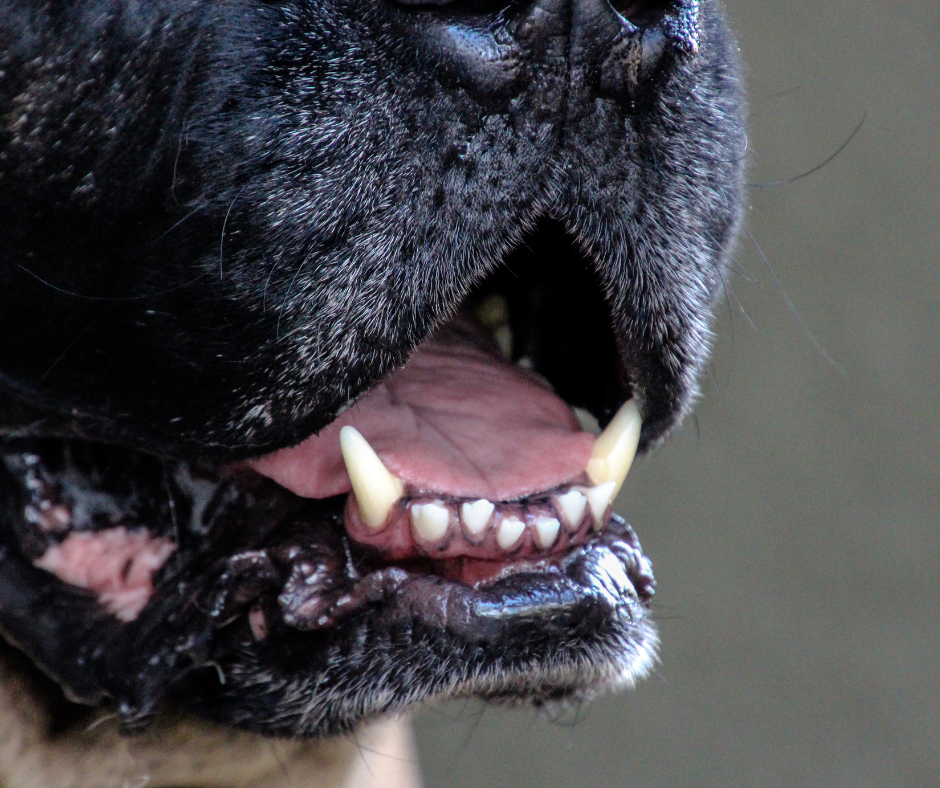Pet Medical Center
1416 S Duff Ave
Ames, Ames, IA 50010
Call or text (515) 232-7204
Email info@pmcvet.com
Monday - Tuesday: 8AM-5:30PM
Wednesday: 8AM-12:00PM
Thursday - Friday: 8AM-5:30PM
Saturday: 9AM-12PM
Emergencies/after hours assistance
Mon, Tues*: 7am-8pm, Wed: 3pm-8pm, Thu, Fri:* 7am-8pm, Sat: 8am-8pm, Sun: 11am-5pm, *Surgery Drop-Off 7am
1416 S Duff Ave, Ames, IA 50010 | Call or text (515) 232-7204 Email info@pmcvet.com
The Importance of Regular Veterinary Checkups for Your Pet
The Importance of Regular Veterinary Checkups for Your Pet
As a pet owner, you care for your pet and do everything in your power to ensure they stay healthy. One of the best ways to do this is by regularly providing them with veterinary checkups. Not only will these checkups ensure that your pet's health is constantly monitored, but they may also detect any problems early on and allow you to take appropriate action. By reading this blog, you'll learn all about the importance of regular veterinary checkups and what to expect during a routine veterinary checkup. Keep your pet Healthy and Happy!
Detection and Treatment of Diseases Early On
Regular veterinary checkups can help identify issues early on when treatment is more likely to be successful. This is especially important for diseases that typically start asymptomatically (without noticeable symptoms). If left unchecked, these diseases can progress until they cause significant harm or even death. During a veterinary checkup, your veterinarian will likely perform various tests to assess your pet's health. These tests may include a physical examination, blood work, and other diagnostic procedures. If your pet is diagnosed with a disease early, treatment options are usually more successful than if the disease is left untreated. Treatment options might includes medication or surgery, depending on the specific condition. By regularly providing your pet with veterinary checkups, you can help ensure that they stay healthy and prevent them from developing severe diseases in the first place.
By regularly visiting your veterinarian, you are not only helping to keep your pet healthy, but you're also preventing potential health problems from developing into full-blown illnesses. You can catch an issue before it becomes severe by visiting your vet and having them perform a complete medical exam. Not only will this save both of your lives - yours and your pet's - but it could also prevent costly treatments down the road.
Prevention and Treatment of Conditions That Result from Disease
By monitoring vital signs and conducting other diagnostic tests during vet visits, veterinarians can often diagnose conditions like heart disease or diabetes before they negatively affect your pet's health. This saves both you and your animal much pain and suffering down the road. By regularly visiting your veterinarian, you are not only helping to keep your pet healthy, but you're also preventing potential health problems from developing into full-blown illnesses. By taking the time to visit your vet and have them perform a complete medical exam, you may be able to catch an issue before it becomes severe. Not only will this save both of your lives - yours and your pet's - but it could also prevent costly treatments down the road.
Veterinarians can prevent and treat conditions that result from disease by monitoring vital signs and conducting other diagnostic tests during vet visits. Doing this can help ensure that their patients receive the treatment they need in a timely manner. Additionally, veterinarians can often prescribe preventive measures such as vaccines or medications to help protect your pet from future health problems.

Assessing Your Pet’s Health Status Compared To Normal Prevalence Rates
It's essential to keep an eye on your pet's health status, especially during flu season. You'll need to know your area's average prevalence rates for the particular virus to do this. This information can be found online or through local health officials. Once you have the data, it will be easy to compare your pet's symptoms against that expected rate and make informed decisions about how best to care for them. Suppose there is a massive flu outbreak in your area. In that case, it is also essential that all animals stay isolated from humans unless they are fully vaccinated against influenza and have medical clearance from their veterinarian, specifying they are free of other illnesses. Animals who contract the flu may display fever, coughing, sneezing, runny nose, and diarrhea/ vomiting. If you think your pet might be infected with the flu, ask them whether they've been inspecting themselves frequently for sores or droplets coming from their nose or eyes; these could indicate an infection has developed.
By knowing what percentage of animals in a given population suffer from specific conditions at a given point in time, vets are better equipped to create preventive measures rather than wait until an emergency arises, which could then require expensive treatments not available elsewhere, such as experimental drugs or surgery with unknown side effects. Clinicians also use prevalence rates to create risk assessments for individuals, which can help make informed decisions about vaccinations, diet, and lifestyle choices.
How often should you have your pet's teeth cleaned
Pet teeth are just as important as human teeth - they are essential to their overall health. That's why cleaning your pet's teeth regularly is necessary, using a home toothbrush and water or special dog/cat toothpaste. Tooth brushing is the best way to reduce plaque and gum disease, which can lead to other serious health problems down the line. It also helps keep your pet’s smile healthy and shiny! And you can be sure that they love it - dogs usually enjoy getting brushed, while cats seem to appreciate the attention (provided you're gentle!).
Toothpaste for pets should be explicitly designed for animals since they have different dental needs than humans. For example, most conventional human toothpaste is unsuitable for cats as they contain fluoride, which can cause health problems such as skeletal fluorosis (a condition where bones weaken because of excess fluoride exposure). In addition to having different ingredients, some dog/cat toothpaste also comes in flavors such as tuna or cheese, which may appeal to your furry friend!
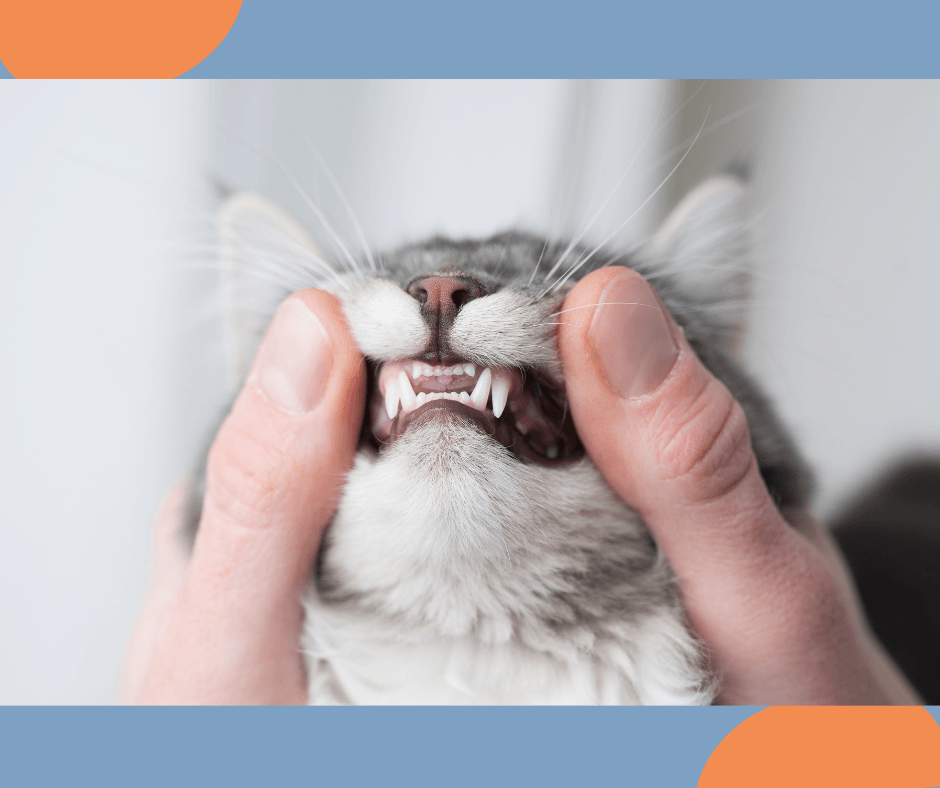
What to expect during a routine veterinary checkup
Having your pet's routine veterinary checkups is essential to stay healthy and prevent potential health problems from developing into more severe ones. Your pet will likely receive a physical exam and blood test during a regular veterinary checkup. If there are any signs of illness or injury, your veterinarian will take appropriate action to treat the issue. Regular veterinary checkups help keep your pet healthy and can help you avoid serious veterinary bills down the road. Overall, a routine veterinary checkup provides us with information that we can use to monitor your cat or dog's health and make appropriate recommendations for their care. By scheduling regular visits with our team of experts, you can be sure that your furry friend is staying healthy and looking great!
Conclusion
A pet's health and safety are important, so it is essential to have regular veterinary checkups. This can include checking for signs of disease, checking the teeth for cavities, and more. Make sure to schedule your pet's veterinary checkup as soon as possible so that you can get the most comprehensive care for your animal. At Veterinarian Ames, we understand that each pet is different and will require a slightly different care plan. If you are looking for a trusted vet, just call us today! We have a fantastic team who has helped hundreds of pets get better and live happily ever after!


Pet Medical Center
1416 S Duff Ave
Ames, Ames, IA 50010
Call or text (515) 232-7204
Email info@pmcvet.com
Monday, Tuesday*: 7am-8pm
Wednesday*: 3pm-8pm
Thursday - Friday:* 7am-8pm
Saturday: 8am-8pm
Sunday: 11am-5pm
*Surgery Drop-Off 7am
Emergencies/after hours assistance
Pet Medical Center of Ames | All Rights Reserved | Privacy | Terms of Service | Web Accessibility | Website by Rad Veterinary Marketing

